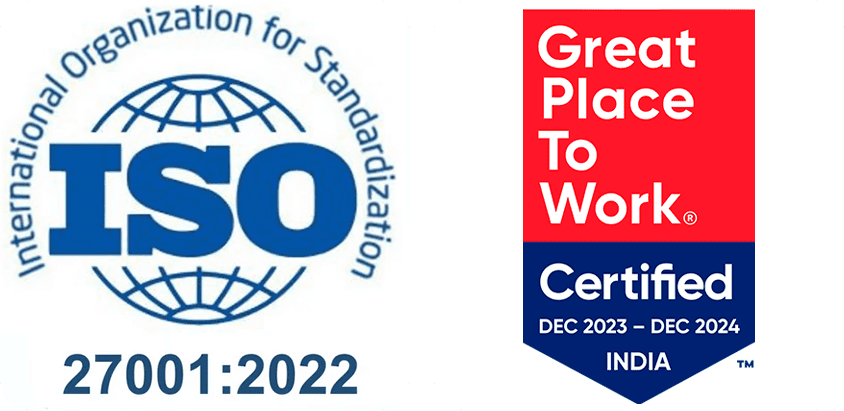Join Our Free Webinar!
Discover How AI is Revolutionizing Journey & CX in Sales & Support
Limited Seats!
Register Now
Discover How AI is Revolutionizing Journey & CX in Sales & Support
Limited Seats!

SAN Softwares is a company dedicated to providing complete software solutions to Corporate and end-user customers.
